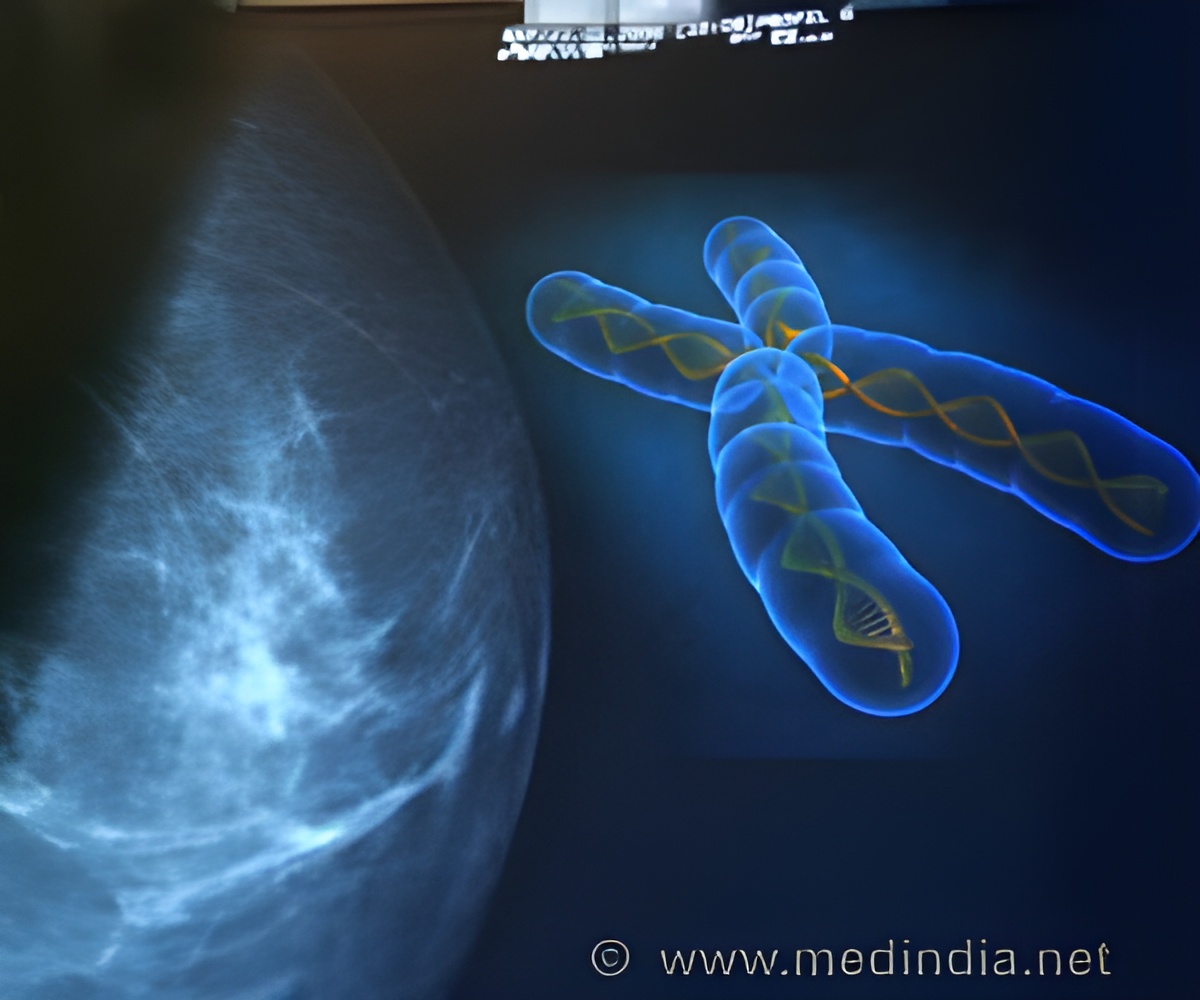An international team of researchers has produced what may be the most comprehensive computer model of human metabolism yet developed.

A variety of models and approaches have co-existed with the common goal of reconstructing human metabolism, but this one connects the dots, adding metabolic information from a variety of databases including content from the DrugBank database, which details the reactions caused by experimental and FDA-approved drugs to individual enzymes and reactions typical of the metabolic system.
"This is important because we are finally mapping the links between the human genome and metabolism," said Pedro Mendes, a computational systems biologist and leader of the Biochemical Networks Modeling Group at the Virginia Bioinformatics Institute. "The results provide a framework that will lead to a better understanding of how an individual's lifestyle, such as diet, or a particular drug they may require, is likely to affect them according to their specific genetic characteristics. The model takes us an important step closer to personalized medicine, where treatments will be tailored according to the patient's genetic and metabolic information."
Scientists from Blacksburg, Va.; Manchester, Cambridge, Edinburgh, Reykjavik, San Diego, Berlin and others mapped 65 human cell types and more than 1,000 enzymes that are known drug targets.
With this new map, researchers will be able to deepen their understanding of the role human metabolism plays in health and disease.
Source-Eurekalert







